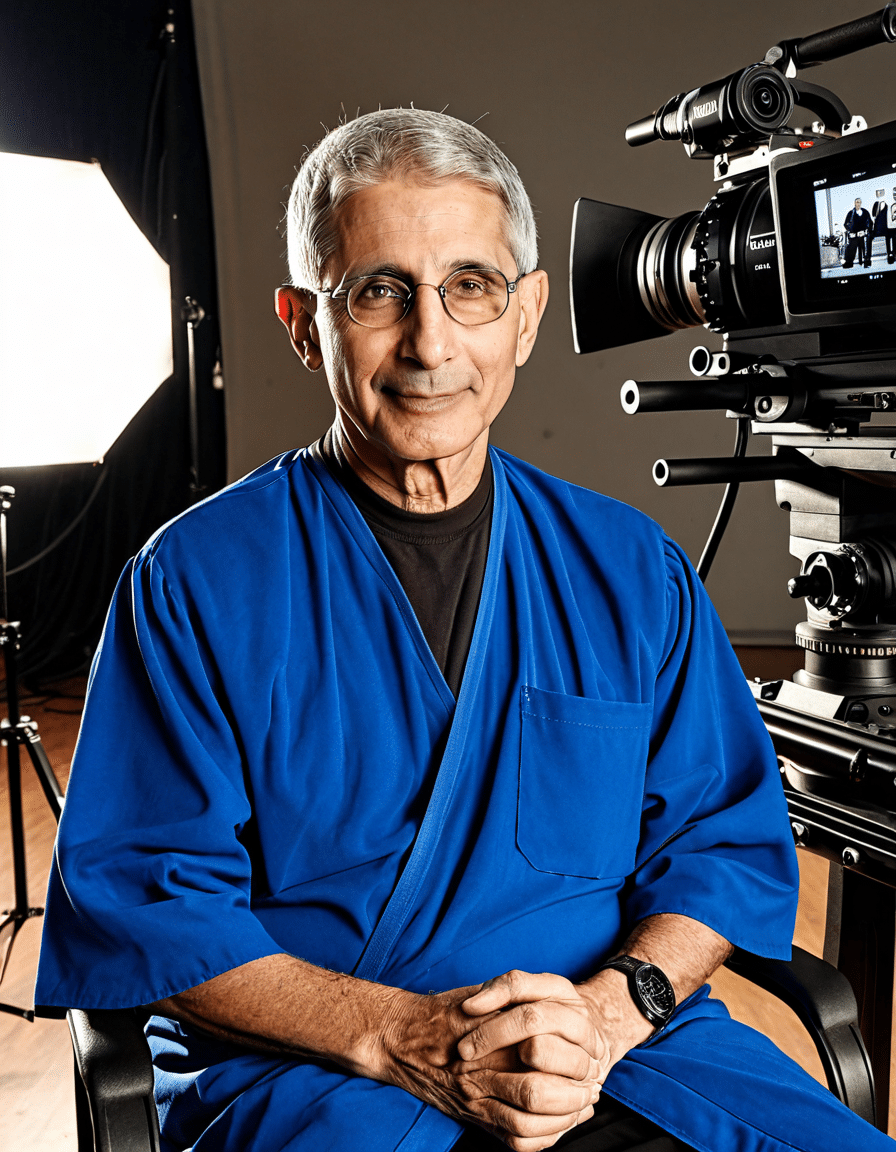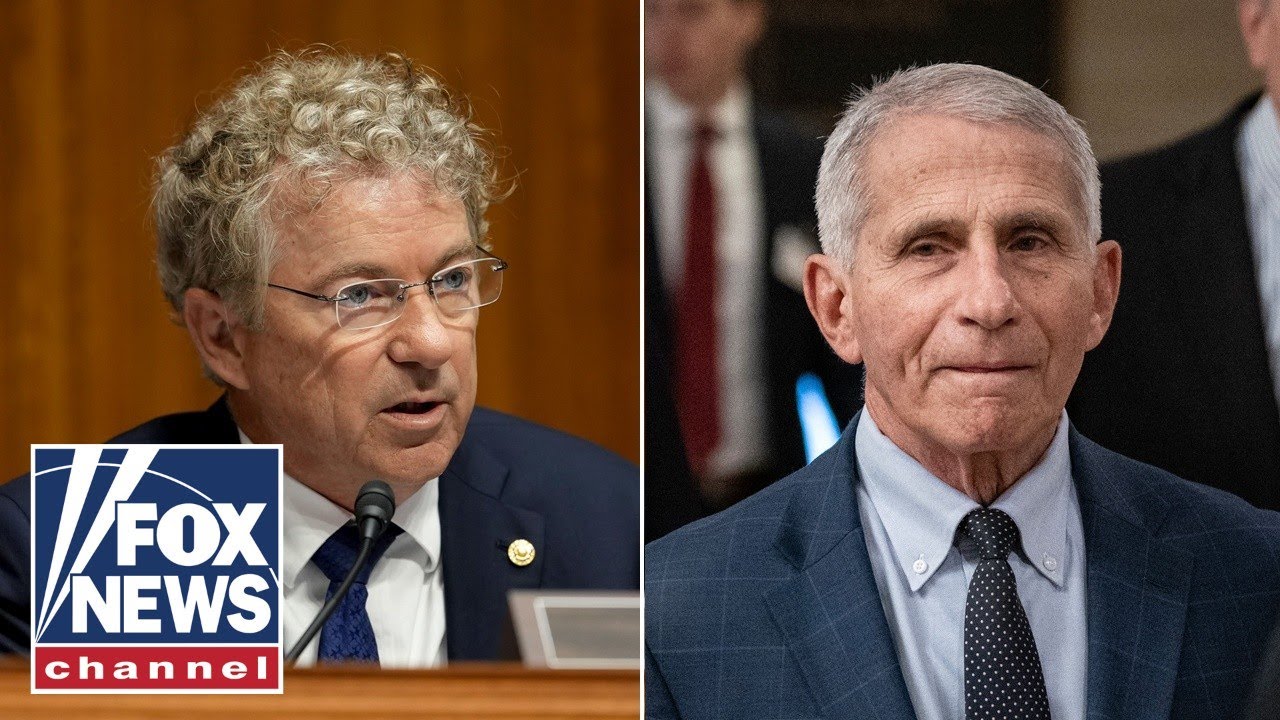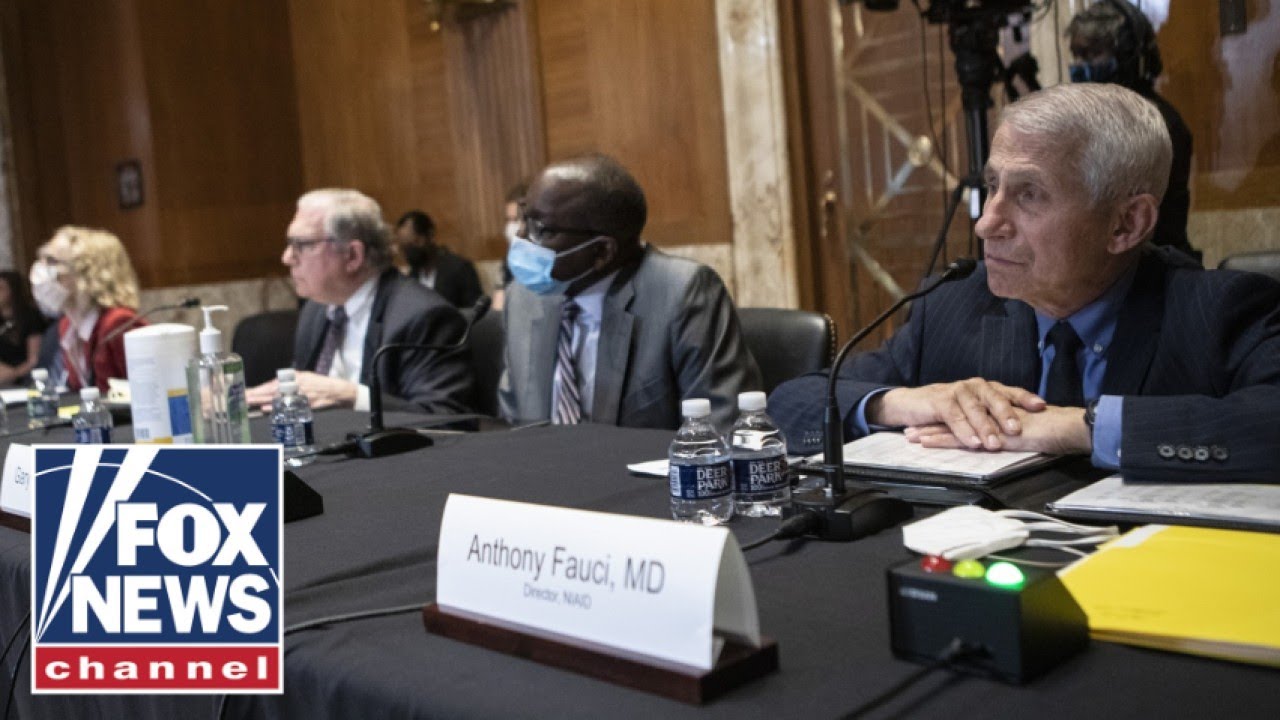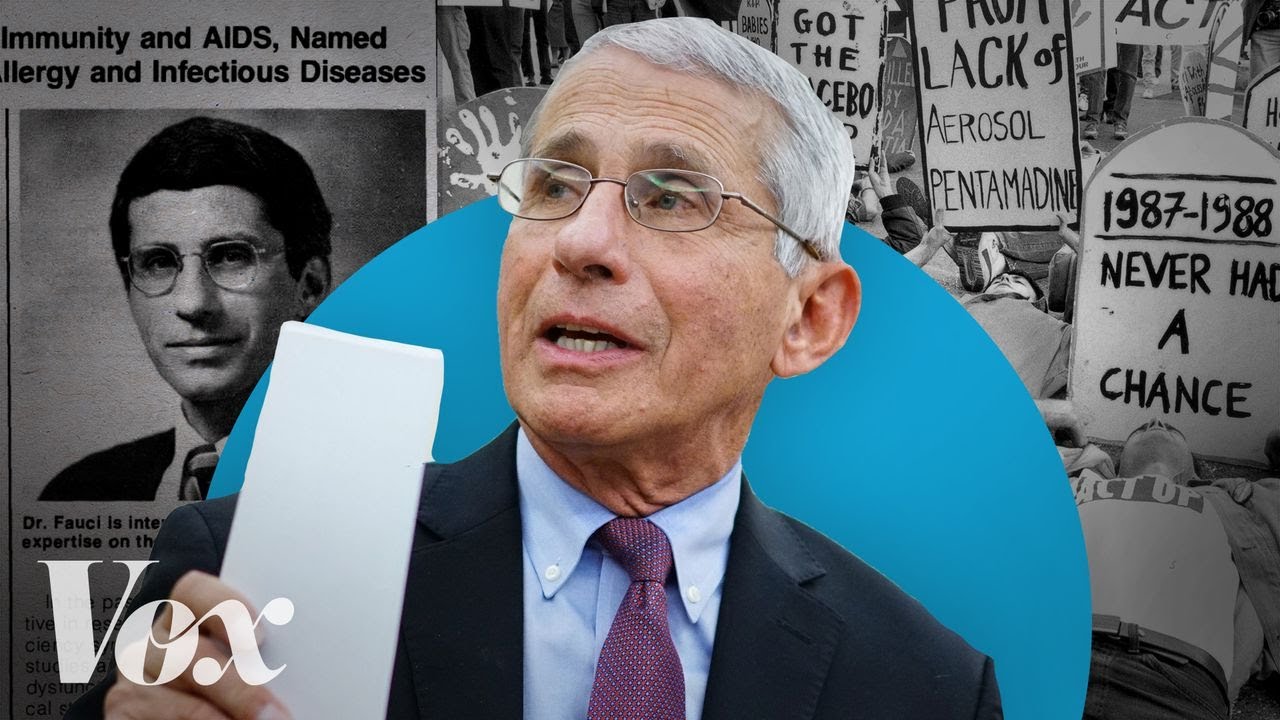Dr. Anthony Fauci emerged as a beacon of hope and a household name during the COVID-19 pandemic. But his journey to becoming a pandemic icon didn’t just happen overnight. Fauci’s career, rooted in his extensive work as the Director of the National Institute of Allergy and Infectious Diseases (NIAID) since 1984, laid the groundwork for him to navigate the stormy seas of public health crises. His earlier encounters with the HIV/AIDS epidemic honed his skills, making him a trusted voice when the world needed one the most.
Fauci’s Journey to Public Figurehood
Dr. Fauci’s original journey began far from the media spotlight. He earned his medical degree from Cornell University and quickly made a name for himself at NIAID. In the face of the HIV/AIDS epidemic, Fauci’s resilience stoked public trust, and he showcased his ability to blend science with urgent care. His approach to patient advocacy during this tough period showcased his commitment to human life — a theme that would echo through his response to COVID-19.
A few hallmark moments in his early career stand out. One was when he advocated for the use of AZT as a treatment for HIV, despite limited evidence at the time. This was a pivotal moment that illustrated not only his dedication to advancing medical science but also his understanding of the pressing need for answers. These experiences paved the way for his credibility, which would be put to the test during an entirely different health crisis in the years to come.
Fauci’s communication style also played a significant role in his rise to public prominence. He mastered the art of clear, concise messaging, which remarkably stood out when contrasted against the chaos of the Trump administration’s daily briefings. By consistently delivering scientific information paired with relatable language, Fauci became an emblem of rationality in an era marked by misinformation.
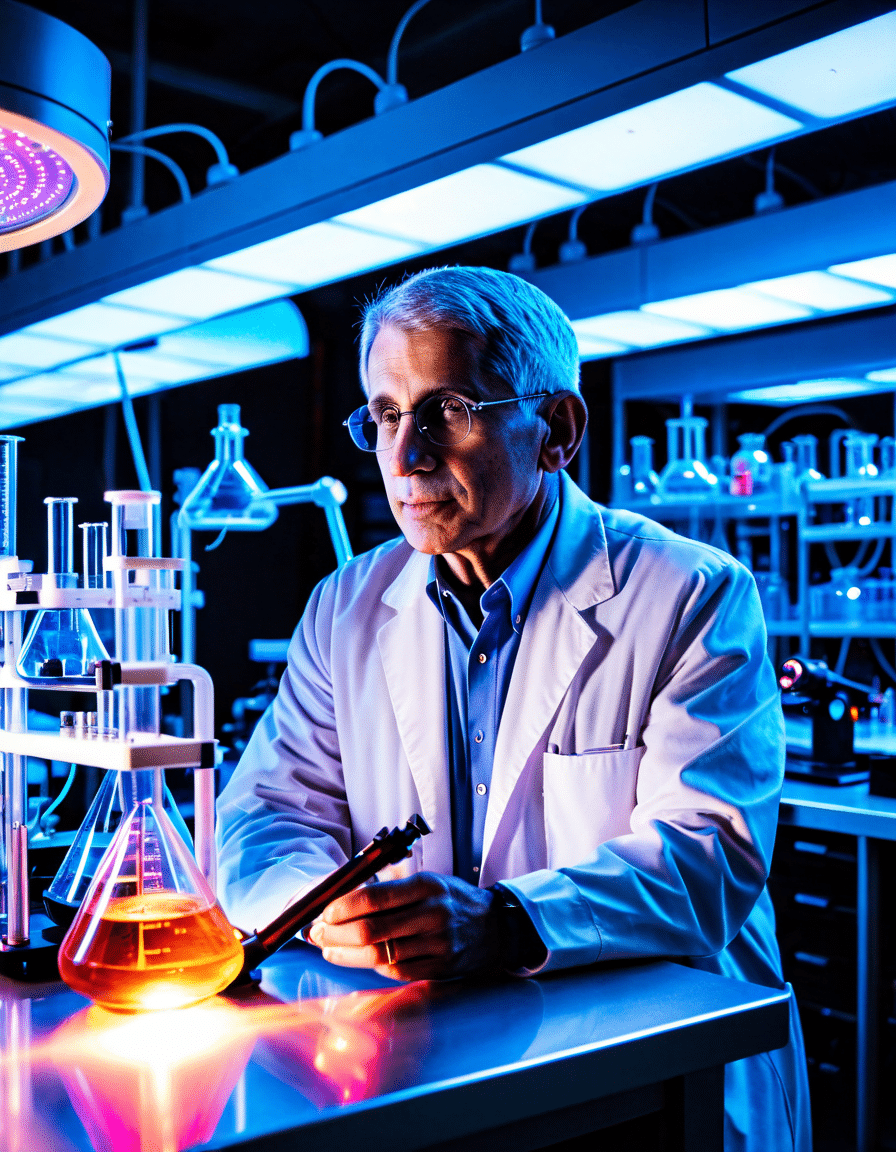
The Top 5 Moments that Defined Fauci During the Pandemic
When the pandemic struck, Dr. Fauci’s role surged into critical focus. Let’s dive into the top five moments that defined Fauci as not just a scientist, but a leader.
During his first press briefing, Fauci exuded calm and reason. Amid fears and uncertainty, he painted a realistic picture of what lay ahead, which helped keep the public from spiraling into panic. His demeanor sparked an air of trust, influencing a generation’s perception of health authorities.
A major turning point occurred in May when Fauci shifted from advising against masks to championing their use. This pivot, sparked by evolving science, led to heated debates and public confusion. Fauci’s commitment to adapt based on new data showed the importance of flexibility in health communication.
Fauci became a significant advocate for the COVID-19 vaccines produced by Pfizer and Moderna. His clear messaging aimed to combat vaccine hesitancy, with one notable moment being his efforts on national media. This outreach was crucial, showcasing the trust and communication needed to encourage Americans to get vaccinated.
The rapid spread of the Delta variant reignited Fauci’s urgency around vaccinations. As misinformation peaked on social media, his steadfast calls for vaccination highlighted the tensions between scientific fact and popular belief. This battle marked an ongoing struggle that further established him as a public health authority.
With the emergence of the Omicron variant, Fauci once again found himself at the forefront. His adaptability in updating the public with timely information underlined his expertise and credibility. He continuously articulated the significance of booster shots and safety protocols, reinforcing the need for vigilance.
Fauci’s Communication Style: Science vs. Simplification
Fauci’s communication strategies set him apart from many public figures during the pandemic. His ability to break down complex scientific terms into digestible nuggets is worth examining. Unlike other leaders, including Dr. Rochelle Walensky, who faced their own challenges conveying updates, Fauci often struck a balance between scientific accuracy and public understanding.
A prime example is Fauci’s clear explanations about the need for masks. By elaborating on transmission rates and how masks work, he bridged the gap between scientific data and everyday application. This constructive approach often eclipsed the messaging from leaders like former President Donald Trump, whose briefings could become convoluted and less informative.
Fauci’s knack for using straightforward language also provided a calming effect, proving significant during stressful announcements. Unlike the political rhetoric common in public discourse, Fauci emphasized facts, allowing him to build a personal rapport with viewers. His grounded demeanor attracted dedicated followers, making him a cult figure in an age dominated by celebrity influencers.
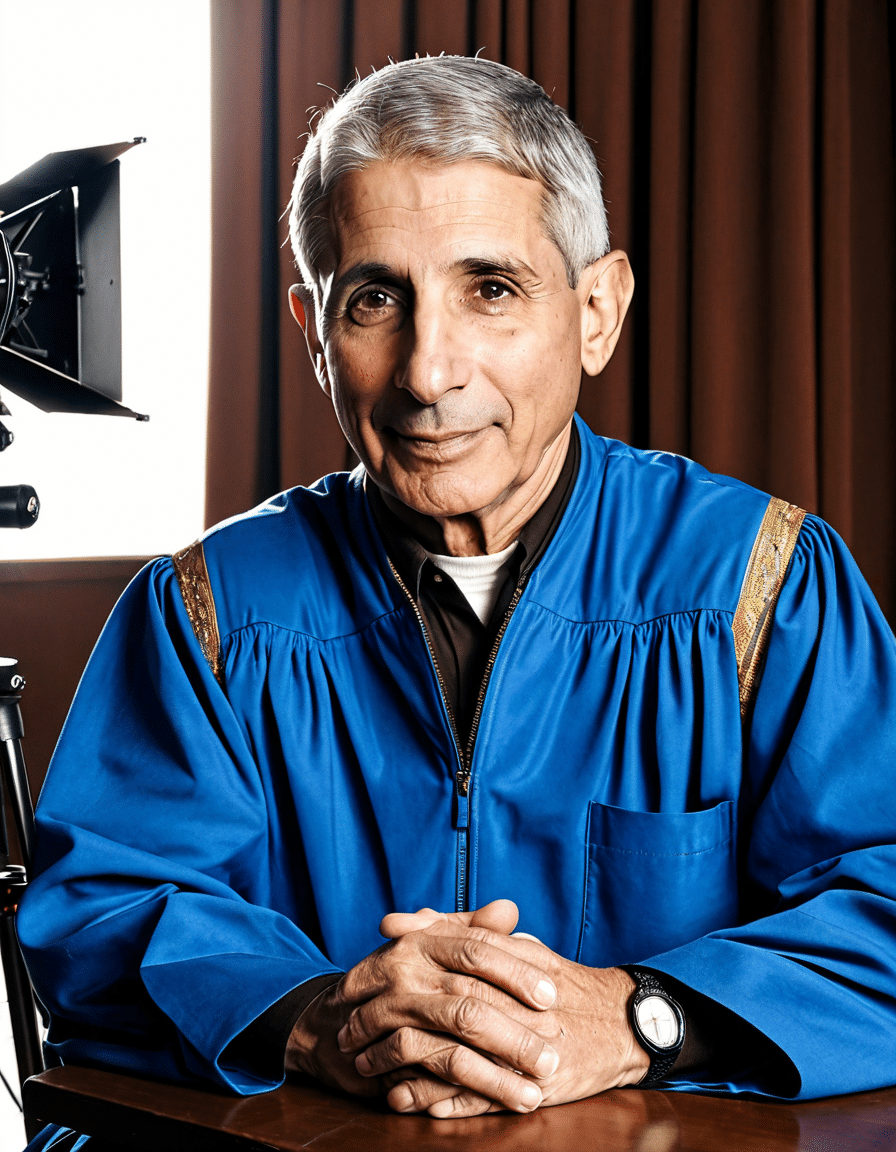
The Backlash and Polarization Surrounding Fauci
As the pandemic progressed, Fauci became a lightning rod for both support and backlash. While many praised him for his expertise, a significant faction criticized his every move. This polarizing atmosphere morphed Fauci into a symbol, representing the broader political disagreements about science and public health.
Social media played an unprecedented role in reshaping perceptions of Fauci. Misinformation campaigns churned out conspiracy theories, branding him either a hero or a villain — the term “recluse” often used to insinuate distance from the very public he aimed to serve. As Fauci faced threats, the very essence of public trust in science became a contested territory, highlighting the tension between personal beliefs and scientific evidence.
One key takeaway from this polarization is how crucial it is for public figures in health to manage their image amidst political storms. Fauci’s resilience in the face of intense scrutiny reflects the challenges of public health communication. His experience might serve as a case study for future leaders navigating similar crises amidst the growing unease in society.
The Legacy of Fauci: Impacts on Future Public Health Policies
Looking ahead, the impact of Fauci’s leadership during the pandemic is already shaping future public health policies. His insights and approaches, developed over decades, are likely to influence responders who find themselves amidst the next health challenge. His commitment to data-driven decision-making will serve as a guidepost for upcoming leaders.
Fauci’s previous work with global health initiatives positions him as a thought leader for addressing infectious diseases beyond COVID-19. His legacy highlights the necessity of pandemic preparedness and the importance of science in politics. Engaging with both scientific communities and the general public, as he did, will become the fabric of future health campaigns.
Moreover, as our society continues to grapple with health misinformation, Fauci’s experiences could pave the way for establishing stronger frameworks in communication strategies. Future public health advocates can analyze Fauci’s approaches to tailor their messaging to ensure informed engagement.
Final Thoughts on Fauci’s Enduring Influence and Future Role
Dr. Anthony Fauci transcended his role as a scientific advisor, becoming a symbol of resilience and rationality when we needed it most. Interaction with the public reflects broader truths about the relationship between science and authority, especially in tumultuous times. As we move forward, the qualities that Fauci demonstrated will remain critical for effective leadership in the face of crises.
In a world still reeling from the repercussions of the pandemic, Fauci’s continued presence in public health discussions is essential. His commitment to transparency, accessibility, and science underscores the qualities we should seek in leaders facing the challenges of tomorrow. So, as cinema-loving folks, let’s remember Fauci not just as a pandemic figure but as a symbol of hope — much like our favorite cult classics and blockbuster hits that reflect the resilience of the human spirit. His journey will influence not just public health but also shape narratives about trust and authority in the years to come, captivating the hearts of those who appreciate the intersections of science, media, and public discourse.
Fauci: A Glimpse Behind the Curtain
The Man Behind the Title
Dr. Anthony Fauci is a name that’s been on everyone’s lips during the pandemic and, like a modern-day superhero, he’s become the figure we turn to for guidance. But did you know that before he took center stage, he was somewhat of a recluse in the world of science? Recluse definition often conjures images of someone living in isolation, but Fauci’s focus on his work shaped him into a dedicated public servant rather than a hermit. His commitment reminds us of characters like Charmaine Bucco from “The Sopranos, who, while not directly connected, captures that unwavering loyalty to community and family.
Navigating Fame
As the pandemic progressed, Fauci became a recognizable figure, even getting references in pop culture and media. If we think about contemporary figures, one might even draw parallels to Didi from the classic kids’ show. Like Didi, who maintained calmness amid chaos, Fauci’s reassuring presence breathed hope and stability in tumultuous times. He’s also been involved in discussions about vaccinations and public health, often sharing the stage with various celebrities who helped spread awareness. It’s fascinating to think that scientific conversations can be tied back to catchy phrases, like no te Duermas Morena, encouraging engagement across linguistic lines.
Trivia to Ponder
Beyond the serious side of Dr. Fauci, his life is peppered with interesting anecdotes. For instance, his Bond-like experience with infectious diseases often feels like a script from King Of Queens—balanced with comedy and authenticity. Despite the heavy topics, Fauci managed to maintain his humor and grace under pressure, somewhat like Chad Coleman navigating his roles on screen. And speaking of navigating, Fauci’s ability to communicate complex health information to the general public brings a leech-like quality to his skills—sticking to the facts without letting go until clarity is achieved. Understanding public health during such a crisis requires tenacity, much like the suspense that kept audiences glued to stories unfolding in House Of Anubis.
Dr. Fauci’s life is indeed a tapestry of service, knowledge, and engagement that shows us the integral part he plays in not just disease prevention but also in shaping public perceptions. The trivia surrounding his career only adds layers to our understanding of this pandemic icon.
